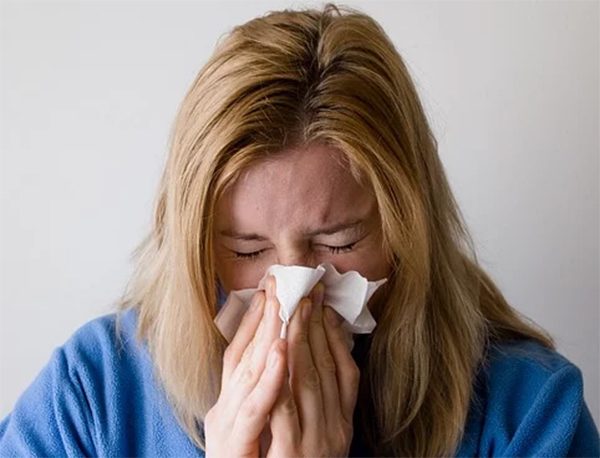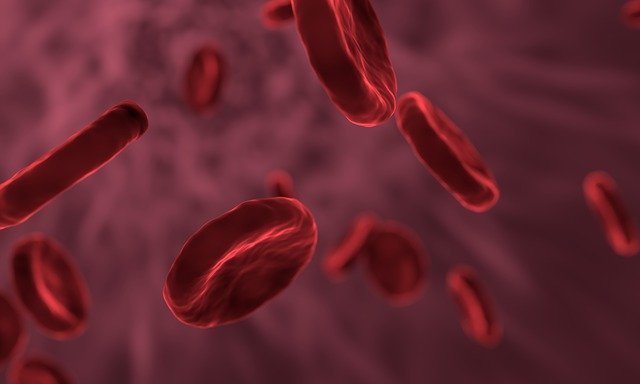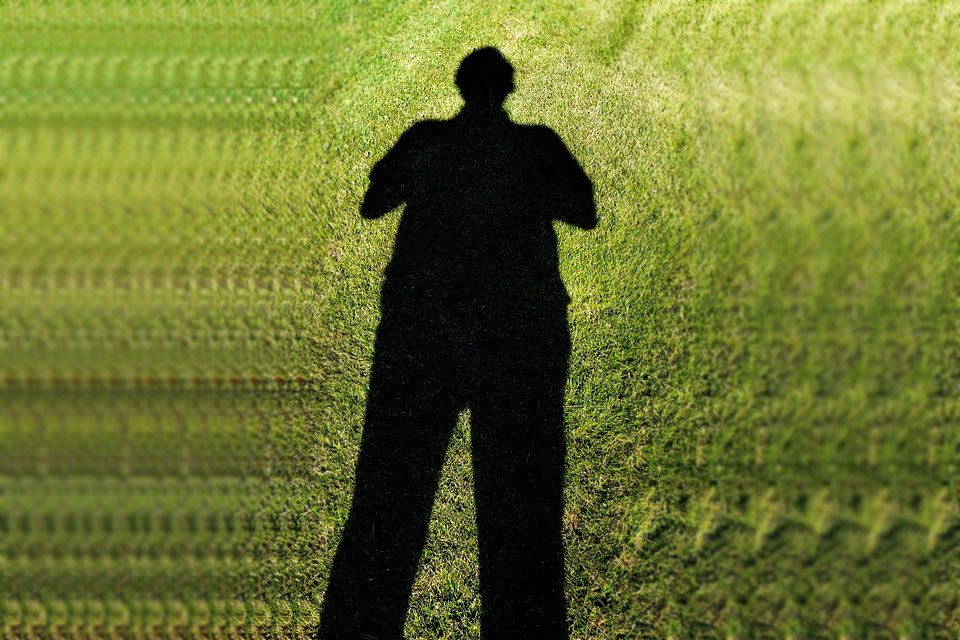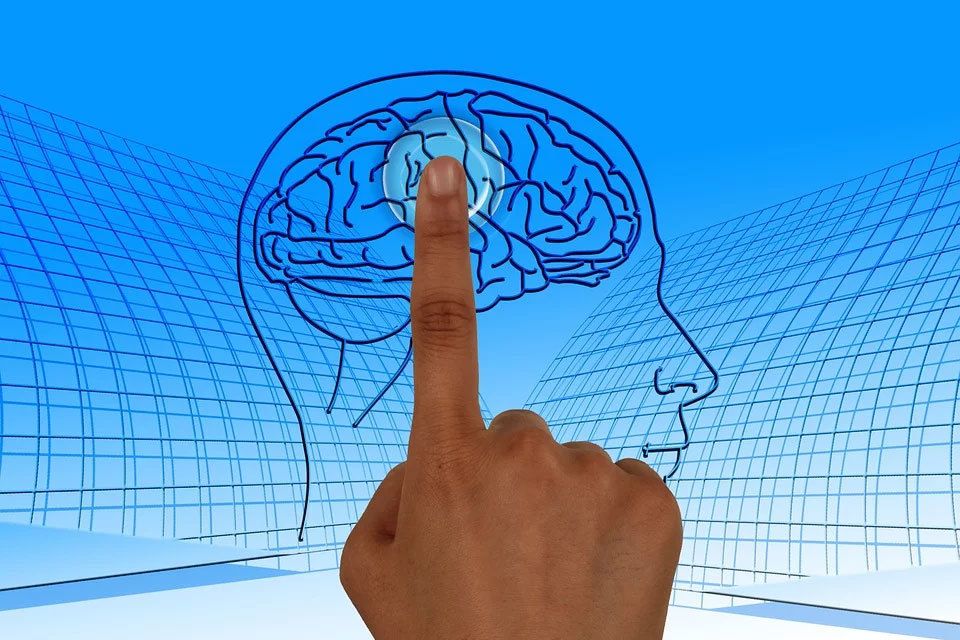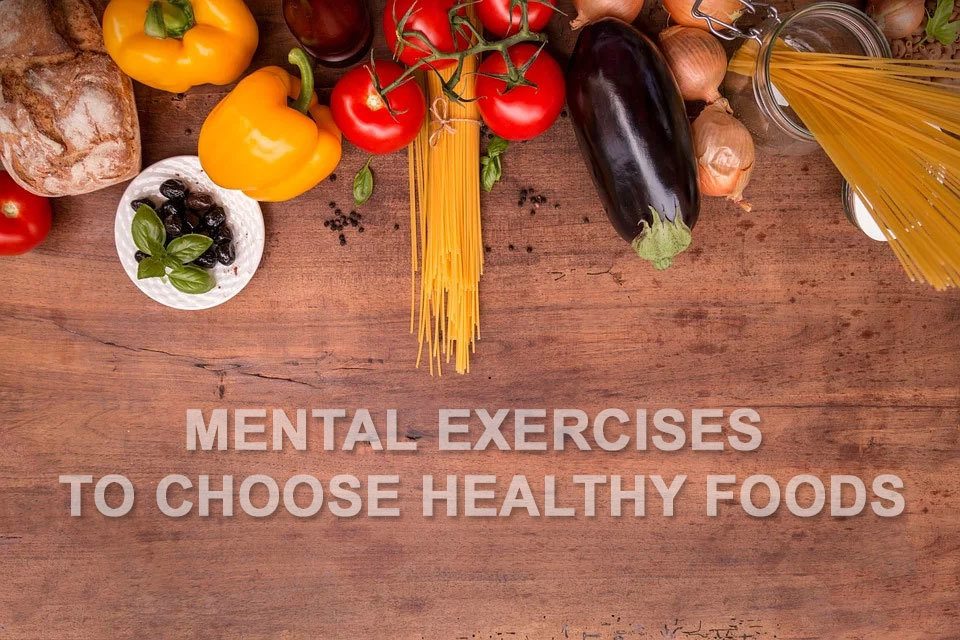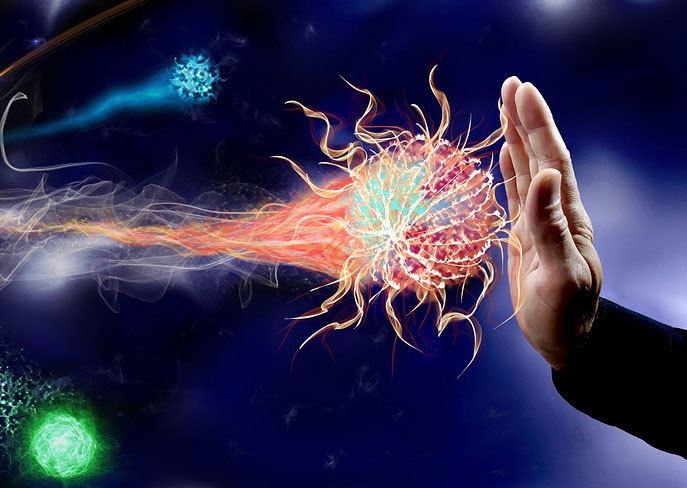Some experts say that buying products with a high protein content (and at a higher price) is like letting money down the toilet. Are they right?
How many proteins do we really need? Do they help to lose weight? And to whom do they help?
At the beginning of the twentieth century, Canadian Arctic explorer, ethnographer and writer Villalmur Stefansson decided to eat only meat for five years. Accordingly, his diet in those years consisted of approximately 80% of fats and 20% of proteins.
Twenty years later, in 1928, he repeated the experiment under the supervision of specialists from the famous New York hospital Bellevue, but limited himself to one year.
Stefansson wanted to refute the view that a person cannot survive on meat alone.
But in both experiments he quickly became ill if he ate for some time only lean meat.
He developed the so-called protein poisoning, which was called "rabbit depletion."
Symptoms disappeared when he changed his diet - he began to eat less protein and more fat.
After those experiments, living in New York City and consuming a typical American protein diet with an average protein content, Stefansson began to complain about poor health.
He returned to his diet - with a restriction of carbohydrates and a high content of fats and proteins - and lived on it until 83 years old.
One way or another, his first experiments are one of the few formal scientific proofs that a high-protein diet can be very harmful.
Despite the great popularity of protein nutritional supplements, many of us still do not know exactly how many proteins we need, how to consume them and what threatens them with a deficiency or excess in the body.
Squirrels in the foreground
Over the past twenty years, the level of obesity among the British has doubled, and many are beginning to more consciously approach to nutrition. We replace white bread with black and whole grains, and ordinary milk with skim.
In a marketing show about a healthy lifestyle, squirrels play a major role: supermarket shelves are full of protein bars, protein balls, and protein-enriched everyday foods from cereal flakes to soups.
In 2016, the global market for protein nutritional supplements was approximately $12.4 billion. Obviously, we were convinced that the more protein, the better.
And how many do they need?
However, some experts now say that buying products with a high protein content (and at a higher price) is a waste of money.
Let's figure it out. Proteins are necessary for the growth and restoration of body cells. Protein food - meat, fish, eggs, dairy products and legumes - in the stomach is split into amino acids and absorbed by the small intestine; then the liver decides which amino acids the body needs. The rest are washed with urine.
Adults whose lifestyle is not particularly active are advised to consume approximately 0.75 g of protein per kilogram of body weight daily.
On average, it is 55 g for men and 45 g for women. They can be obtained from two servings (palm-sized) of foods such as meat, fish, tofu, nuts or legumes.
If there is not enough protein, a person may lose hair, a rash on the skin or lose weight due to loss of muscle mass.
But such side effects are very rare, mainly in those who suffer from eating disorders.
Proteins for Schwarzeneggers
For most of us, proteins are associated with bodybuilding. And there is.
Strength exercises lead to the breakdown of proteins in the muscles. To strengthen muscles, proteins must be renewed.
An amino acid called leucine plays a particularly important role in triggering protein synthesis.
Some experts even believe that if you don’t eat after training with protein-rich foods or special supplements, your muscles will not grow.
Supplement makers are advised to drink a protein shake after exercise - usually based on leucine-rich whey protein, a by-product of cheese production.
Consumers seem to agree. According to a report published in 2017 by research company Mintel, 27% of Britons consume sports nutrition products - such as protein bars and shakes.
This figure rises to 39% among those who exercise more than once a week.
But more than half (63%) of those who consume the mentioned foods cannot say for sure whether they are useful.
Does it help or not?
Studies of how protein supplements help build muscle show mixed results.
In particular, in 2014, scientists analyzed 36 scientific articles on this topic and concluded: protein supplements do not affect lean body mass and muscle strength during the first few weeks of strength training in people who have not previously been involved in sports.
Most people already get most of their recommended daily protein intake from regular foods.
Over time, when your workouts become more intense, supplements can actually help build muscle. However, the authors note that such changes have not been investigated in the long term.
Another study in 2012 says that protein “improves exercise performance, helps restore and increases lean body mass,” but it says: for best results, proteins should be consumed with fast carbohydrates.
Ordinary sweet bars?
And - attention! - if athletes and visitors to gyms benefit from a quick “infusion” of proteins into the body immediately after training, this does not mean that it is necessary to use supplements and shakes.
Most people get most of the recommended daily amount of protein from regular foods, says Kevin Tipton, a physical education teacher at the University of Stirling.
"No supplements are needed. It's a convenient way to get protein, but there's nothing you can’t get from regular food. Protein bars are ordinary sweet bars with a slightly high protein content."
Tipton adds that even for bodybuilders, whey protein and other similar substances are not as important as they are trying to give us.
“The focus is too biased on which supplements to use, but it’s actually more important to go to the gym and train. Other variables, such as sleep, diet and stress level, are also important,” he emphasizes.
Most experts agree with Tipton: Proteins are best obtained from food rather than supplements. But there are certain exceptions - in particular, athletes who find it difficult to achieve their daily goals in protein intake, said Graham Close, a physiology professor at the John Moores University of Liverpool.
"In my opinion, the needs of most of them exceed the recommended daily allowance, and there is evidence for this," he says. In this case, a cocktail may be useful.
Who else needs proteins?
What other demographic group will not prevent additional proteins? To old people. Because with age, we need more proteins to maintain the same muscle mass.
At the same time, older people tend to consume less protein, because their tastes often shift towards sweetness.
Emma Stevenson, a professor of physical education at the University of Newcastle, is trying to negotiate with food producers to increase the protein content of foods that older people often buy, like cookies.
“With age, we need to carefully maintain our muscle mass, because we become weak and less active,” she says.
Close argues that older people should increase their protein intake to 1.2 g per kilogram of body weight.
Can I overeat them?
Fortunately, consuming too many proteins is very difficult. Although the upper limit exists, it is "almost impossible" to achieve, Tipton said.
"Some nutritionists are concerned that a high-protein diet could harm the kidneys and bones, but there is very little evidence for this when it comes to healthy people."
You should not think that "high protein" automatically means healthy food
"Perhaps problems will arise if a person with a diseased kidney will eat a large amount of protein; but any bad consequences are very unlikely."
However, although the proteins themselves are not harmful, protein supplements often contain a significant amount of carbohydrates from the FODMAP group, and they, in turn, cause digestive disorders: bloating, flatulence, pain in the stomach.
Stevenson advises reading the labels on food additives, bars, and balls carefully.
"Often they are very high in calories and contain a huge amount of carbohydrates, often in the form of sugar. You should not think that" high protein content "automatically means healthy food," she says.
Do they help to lose weight?
Proteins have long been associated with weight loss; high-protein and low-carb diets (such as paleo diet or Atkins diet) promise to prolong the feeling of fullness.
People often fail to lose weight because they feel hungry and eat. As shown by studies using MRI, a high-protein breakfast helps to reduce appetite during the day.
There is ample evidence that protein satisfies hunger well, says Alex Johnstone of Aberdeen University. If you are trying to lose weight, it is more important to eat high-protein breakfasts (for example, toast with beans or a milkshake) than to take supplements.
But she does not defend the Atkins diet and found in her study that excluding carbohydrates from the diet negatively affects intestinal health (and we know that a healthy intestine is critical to many aspects of our health and well-being).
Johnstone recommends that overweight people maintain a diet high in protein and moderately high in carbohydrates: 30% protein, 40% carbohydrate, and 30% fat.
For comparison: people without excess weight are recommended to consume an average of 15% protein, 55% carbohydrates and 30% fat.
Of course, you won’t lose weight if you increase your protein intake. An important key to success is eating chicken, other lean meat or fish.
Are there any risks and how to avoid them?
Studies also show that consuming large amounts of animal protein contributes to weight gain, while red meat increases the risk of cancer and heart disease.
However, there are useful non-meat proteins, for example, mycoprotein, a mushroom protein.
On its basis, a meat substitute under the Quorn brand was released in Britain - it contains a lot of not only proteins, but also fiber. Researchers are now studying how this unique combination affects satiety and insulin levels associated with type 2 diabetes.
One research group compared the mycoprotein diet to a chicken diet and found that those who ate Quorn had the same sugar control, but the pancreas was required to produce less insulin.
The risk of consuming excess protein is small. But it’s better not to be seduced by the effectiveness of overpriced foods that offer more protein than we need.
"Some products labeled as" high protein "are actually not, but are quite expensive," says Johnstone.
“Be that as it may, consuming more protein than you need is wasteful. It's like letting money down the toilet.”




